-
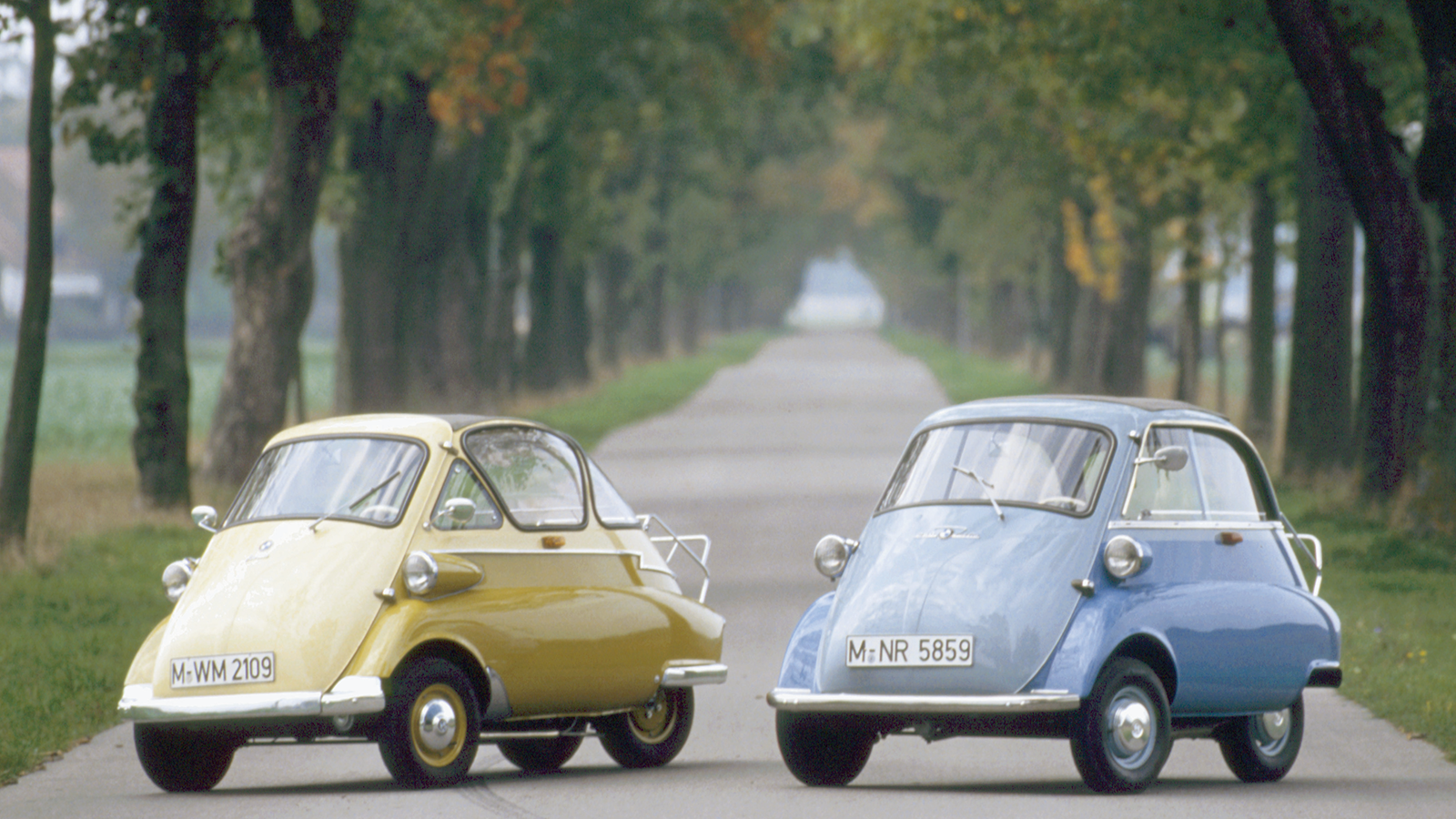 © BMW
© BMW -
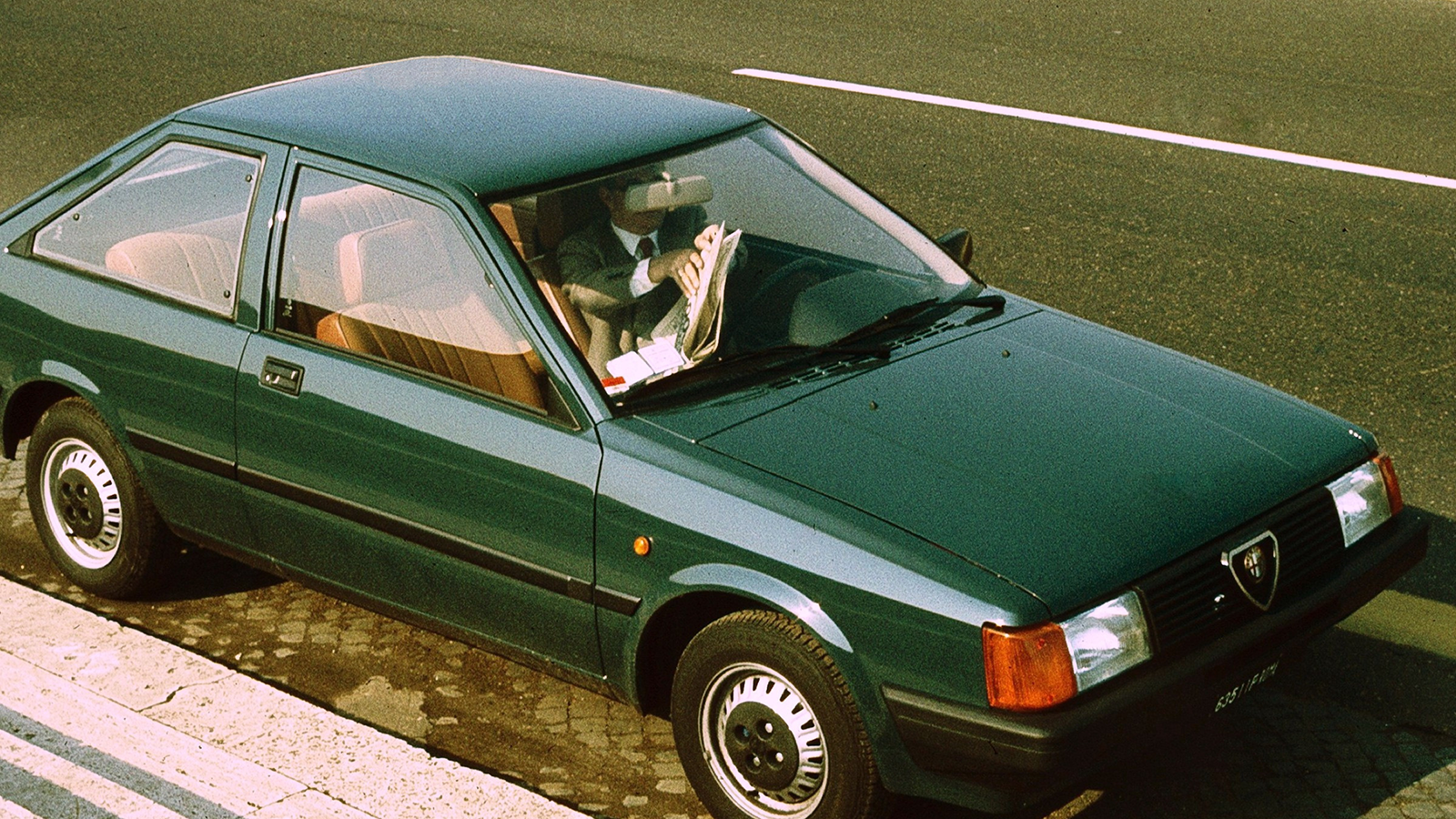 © Classic & Sports Car
© Classic & Sports Car -
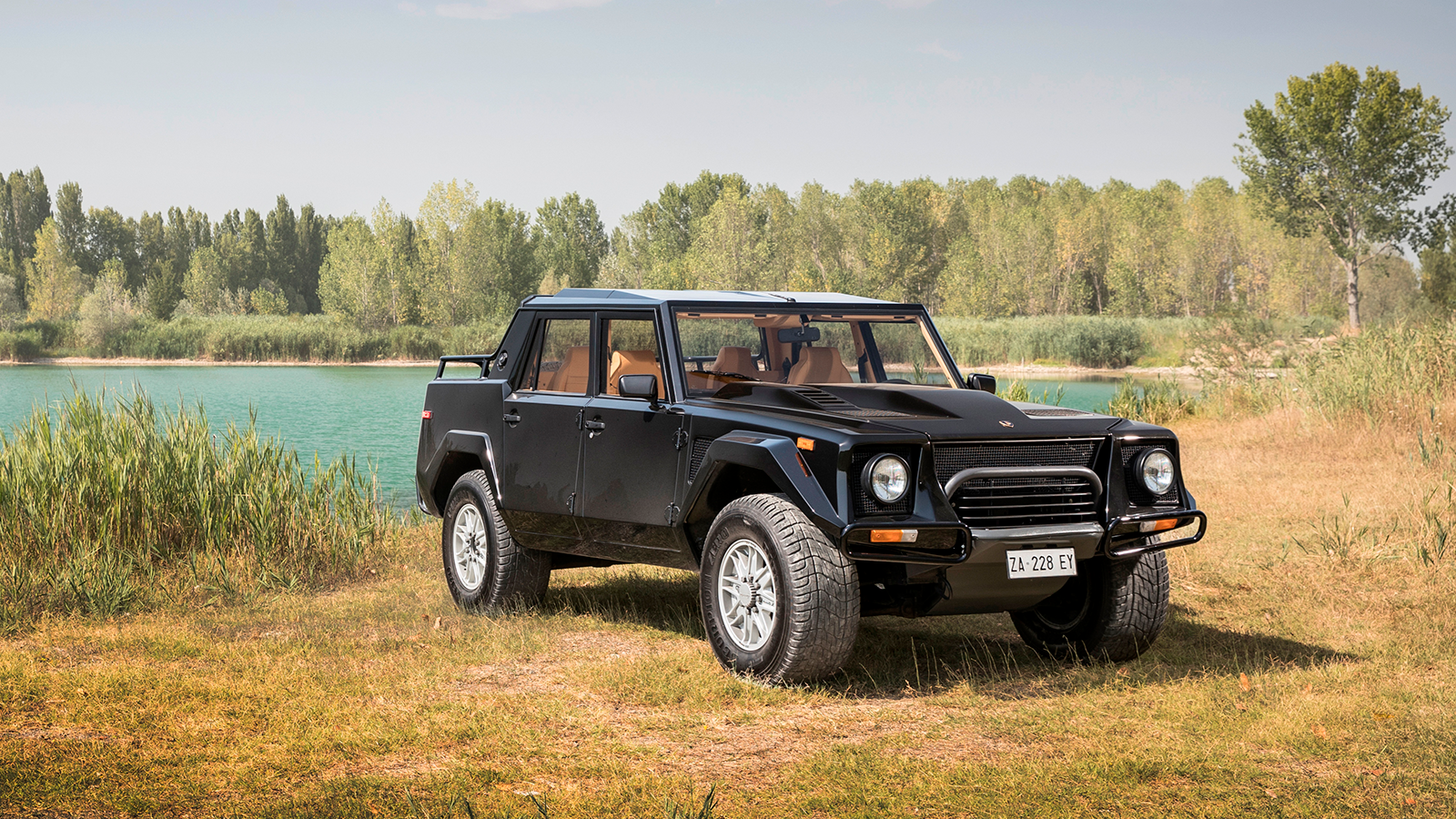 © Lamborghini
© Lamborghini -
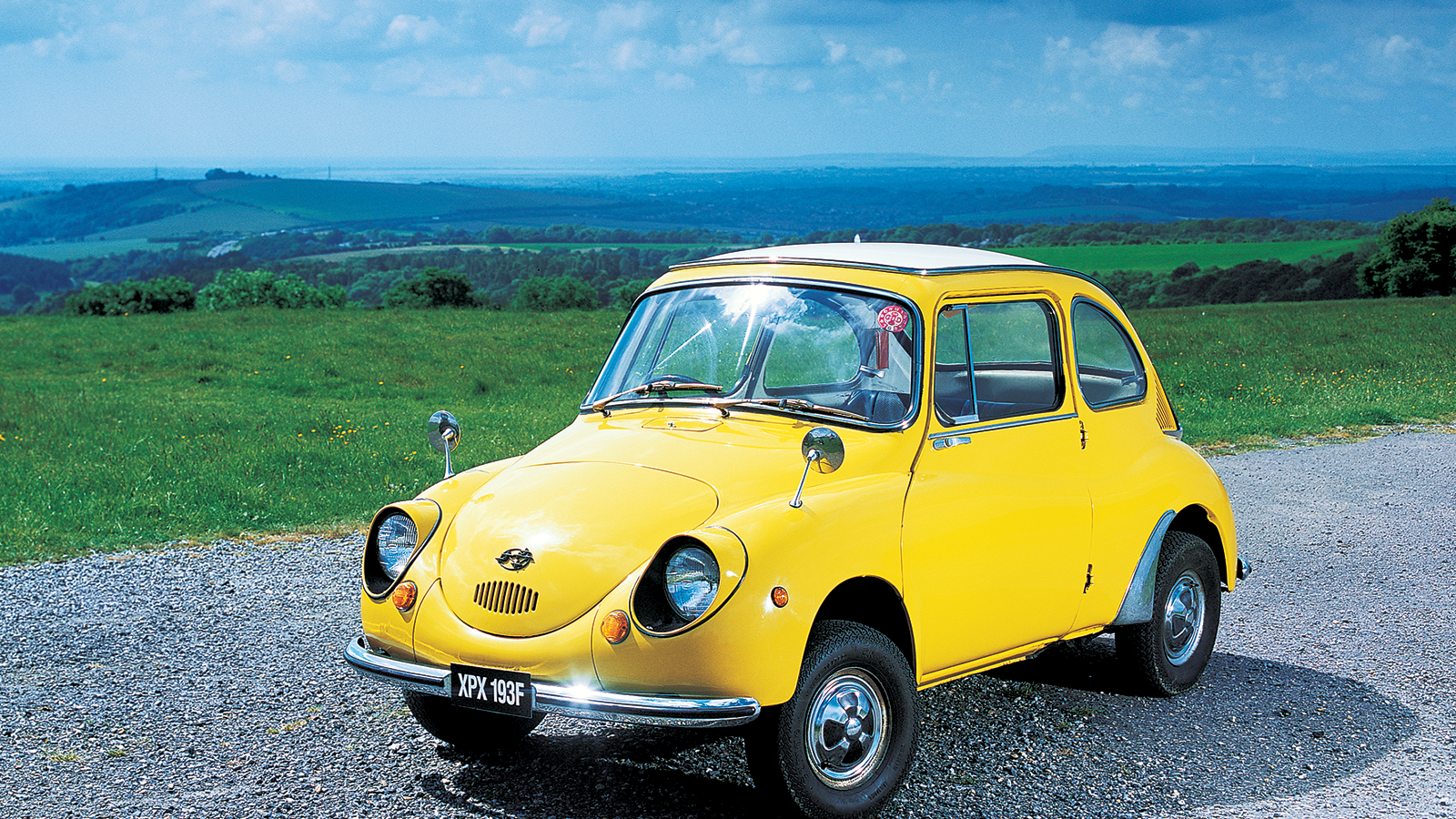 © Tony Baker/Classic & Sports Car
© Tony Baker/Classic & Sports Car -
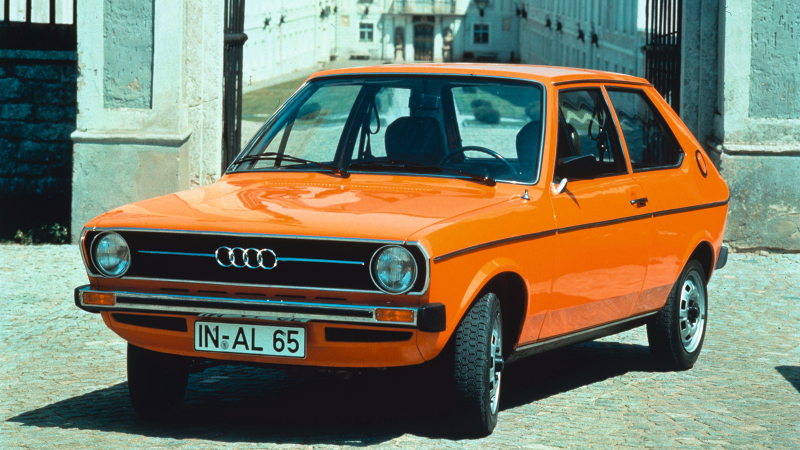 © Audi
© Audi -
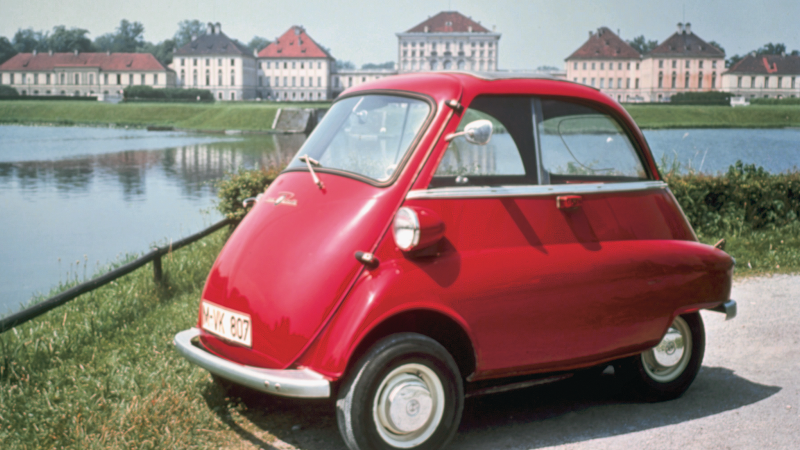 © BMW
© BMW -
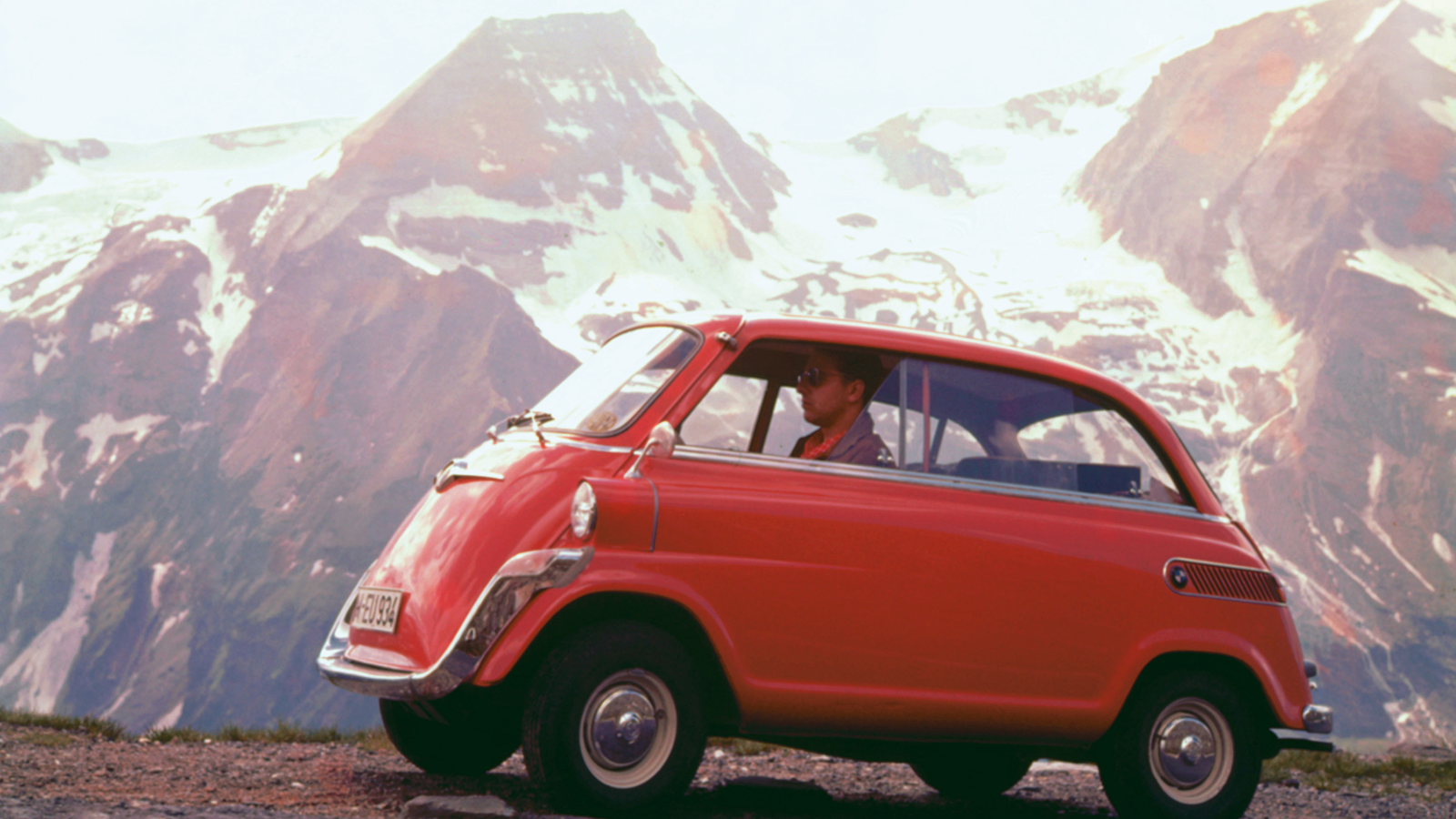 © BMW
© BMW -
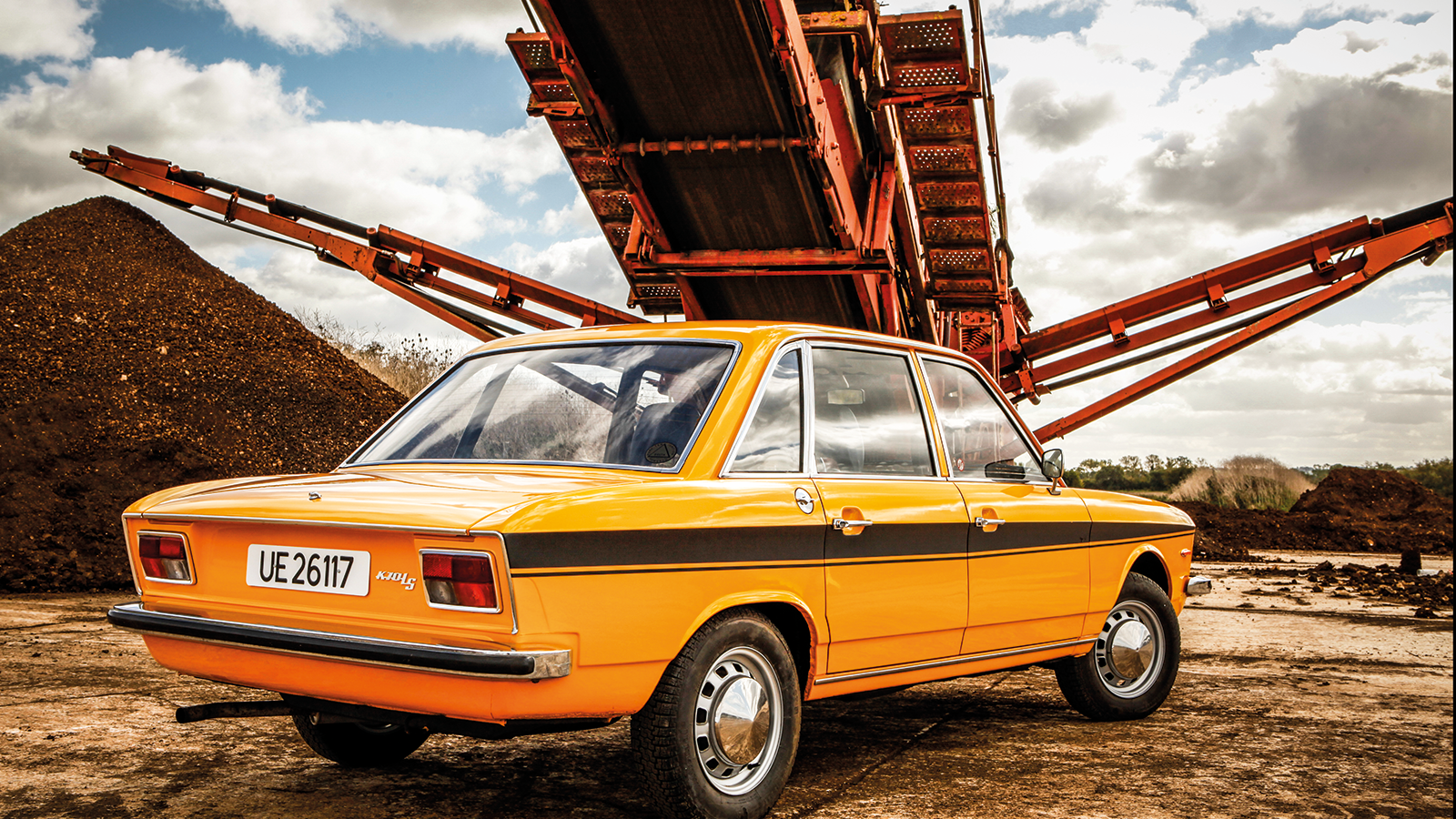 © Tony Baker/Classic & Sports Car
© Tony Baker/Classic & Sports Car -
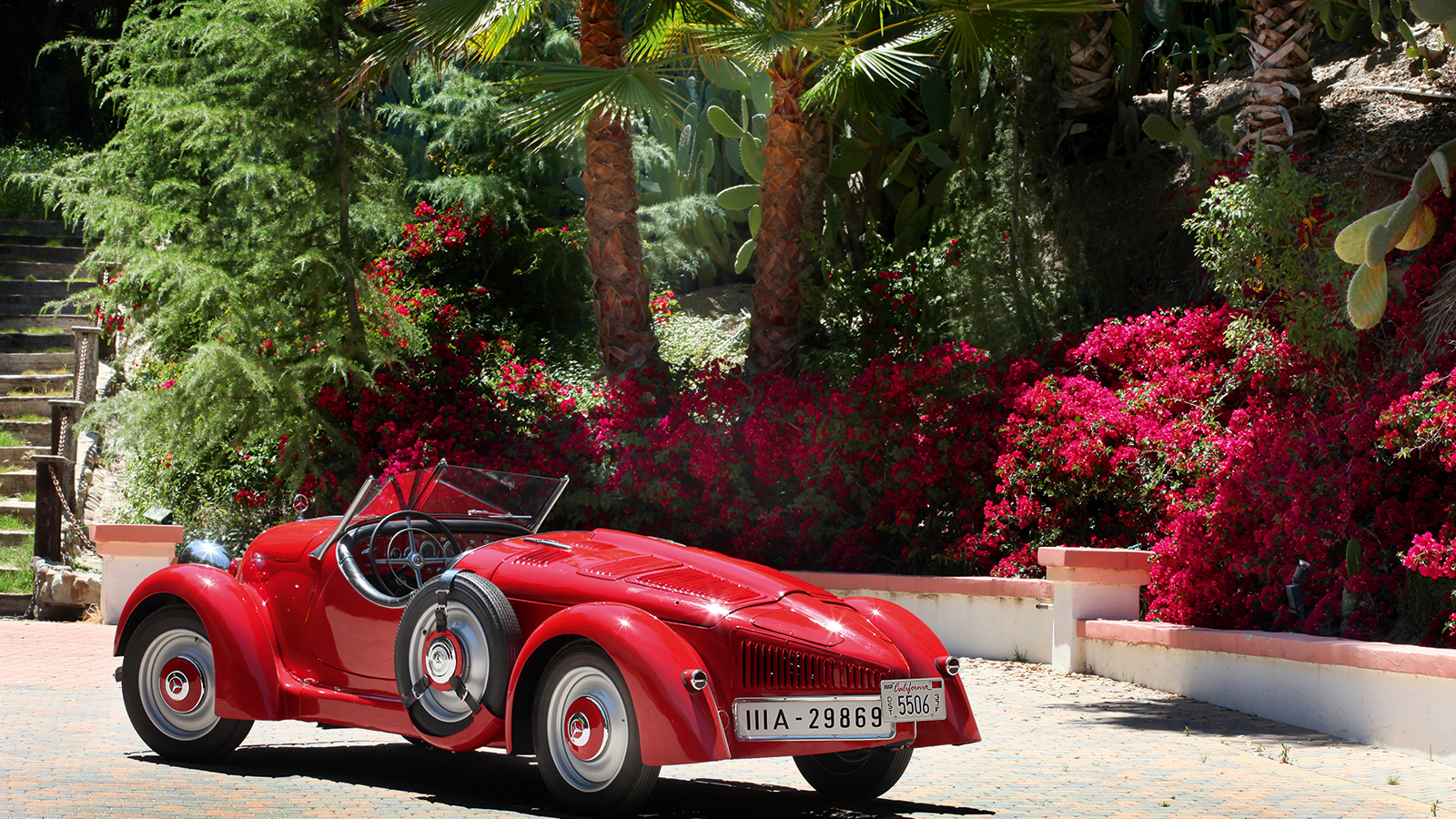 © James Mann/Classic & Sports Car
© James Mann/Classic & Sports Car -
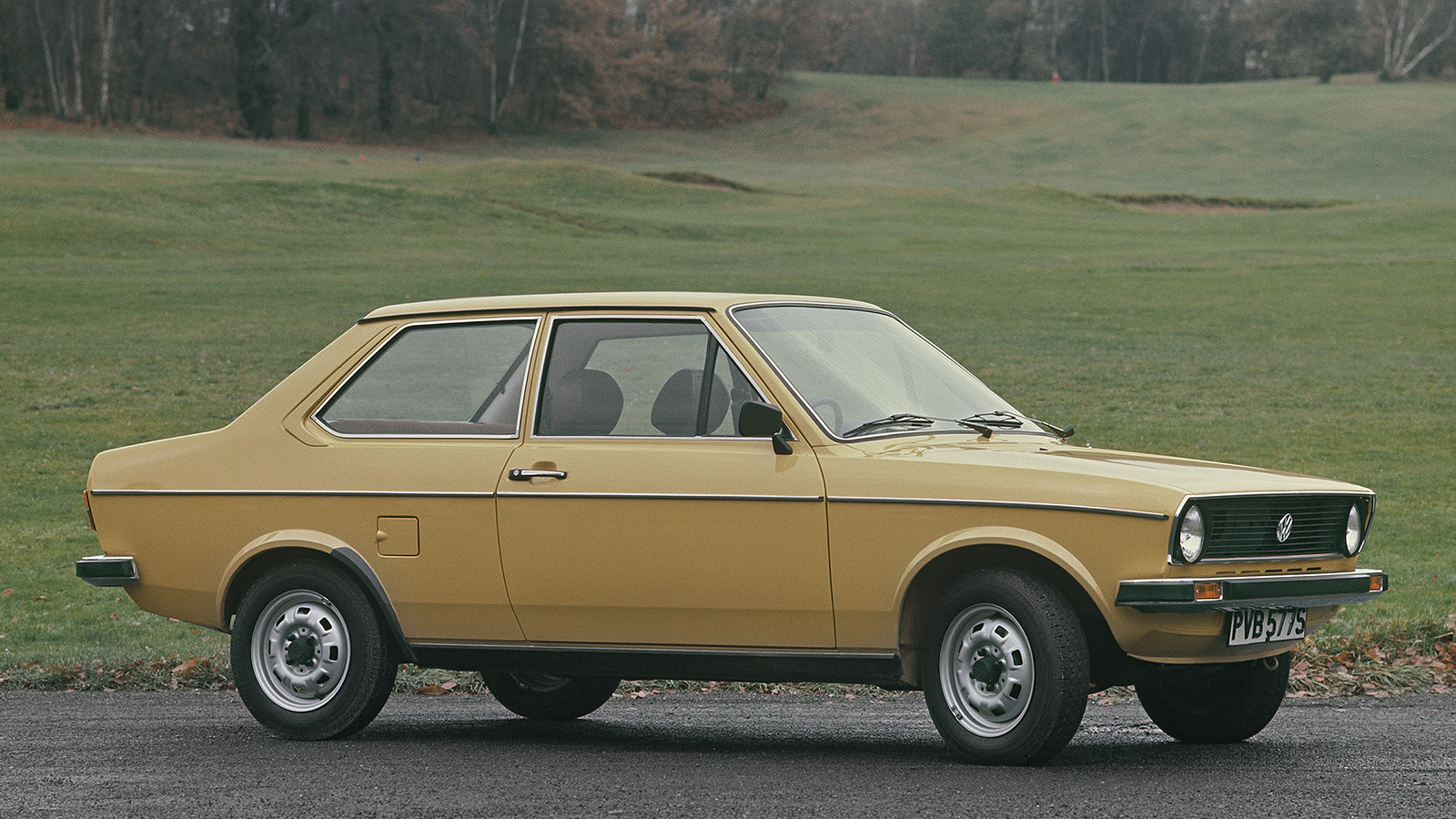 © Volkswagen
© Volkswagen -
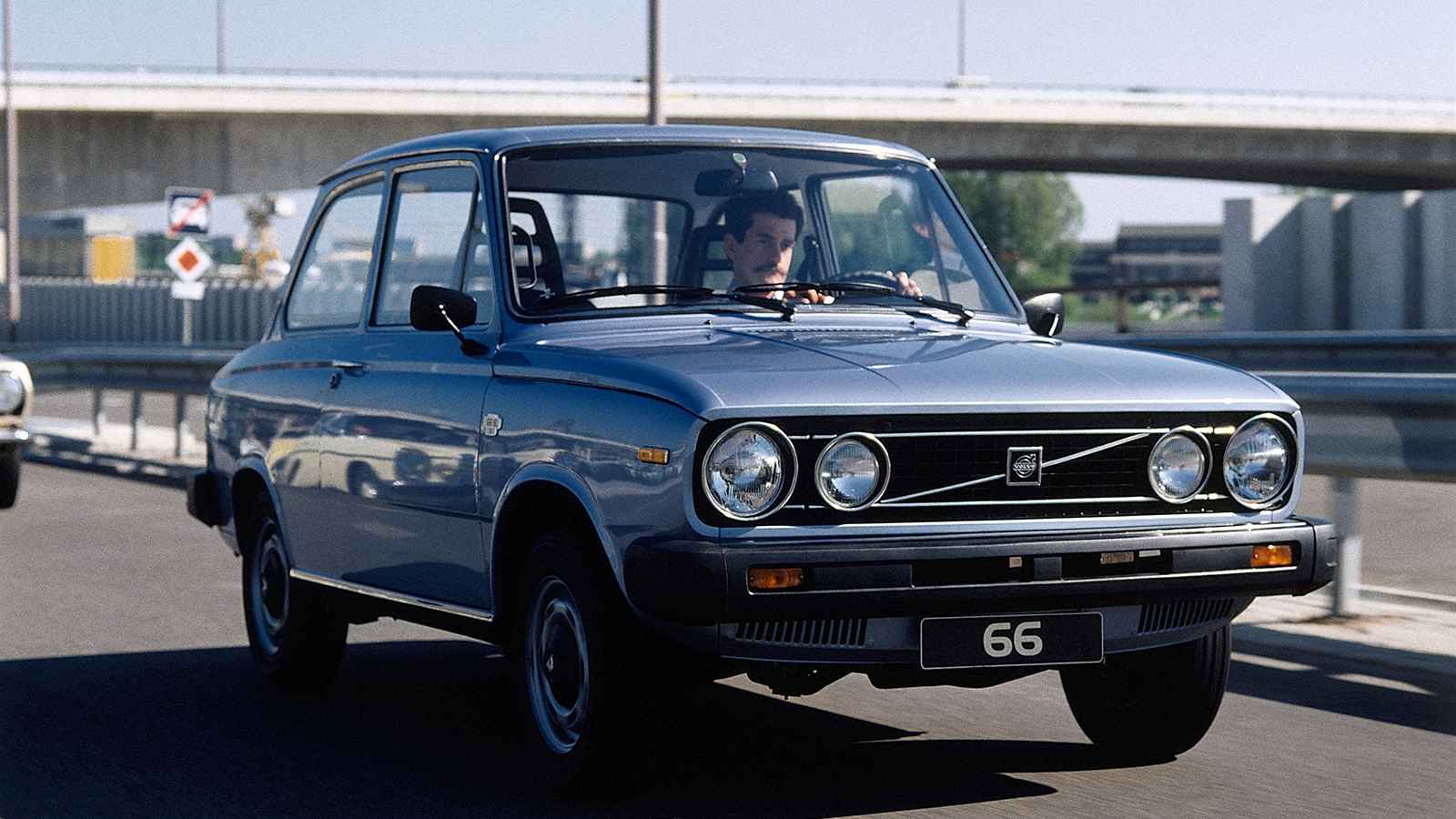 © Volvo
© Volvo -
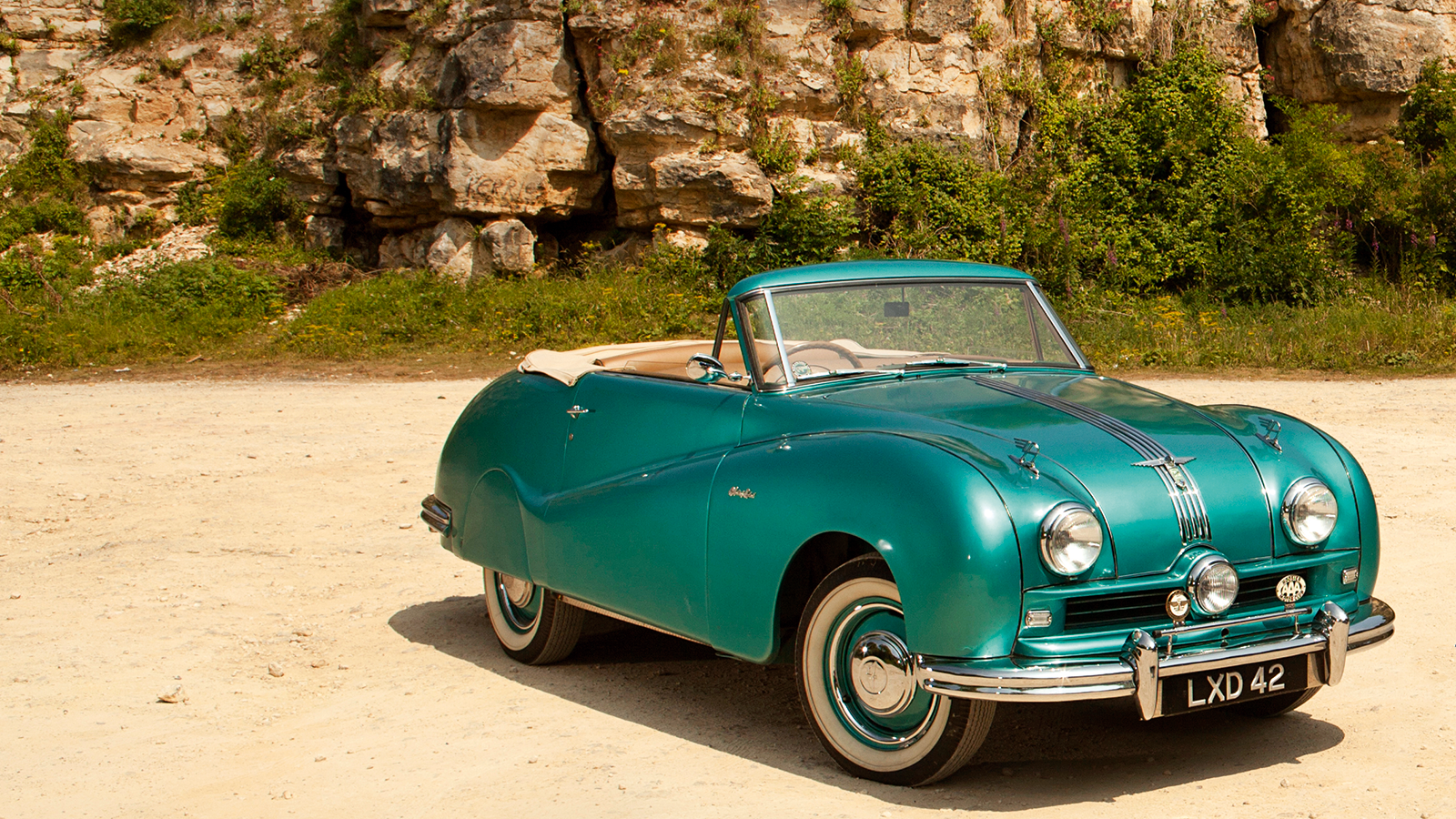 © Tony Baker/Classic & Sports Car
© Tony Baker/Classic & Sports Car -
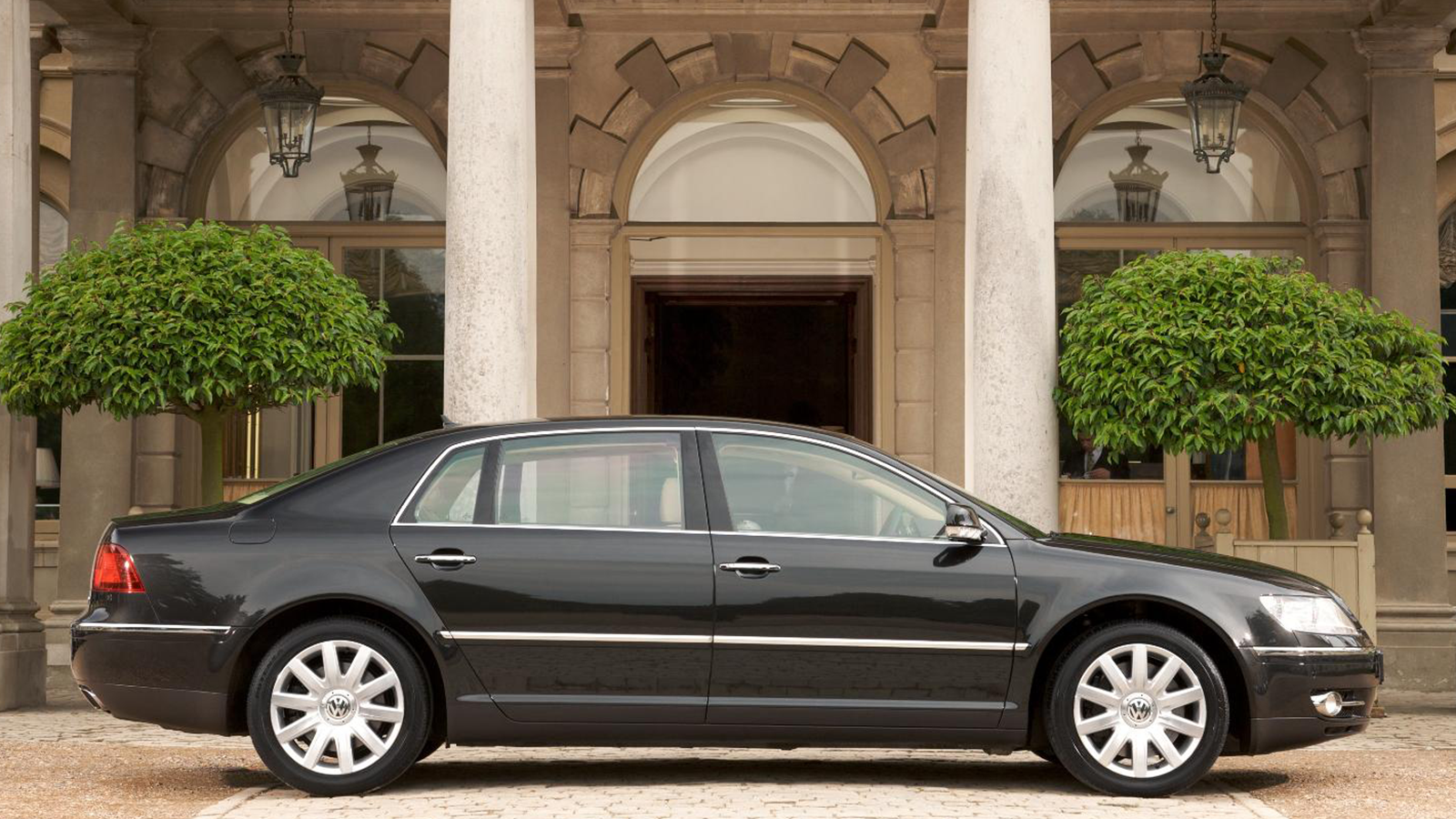 © Volkswagen
© Volkswagen -
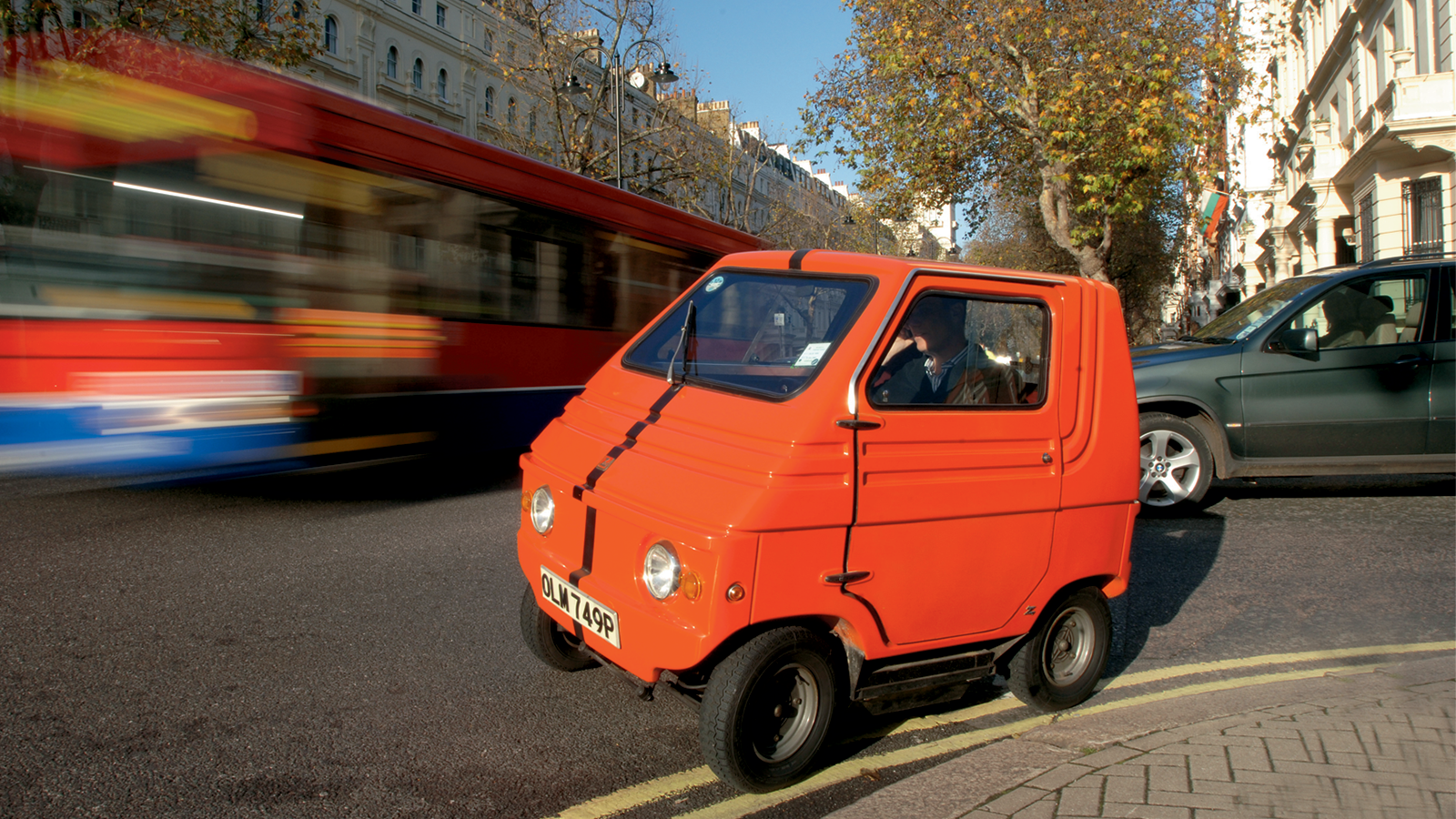 © Michael Bailie/Classic & Sports Car
© Michael Bailie/Classic & Sports Car -
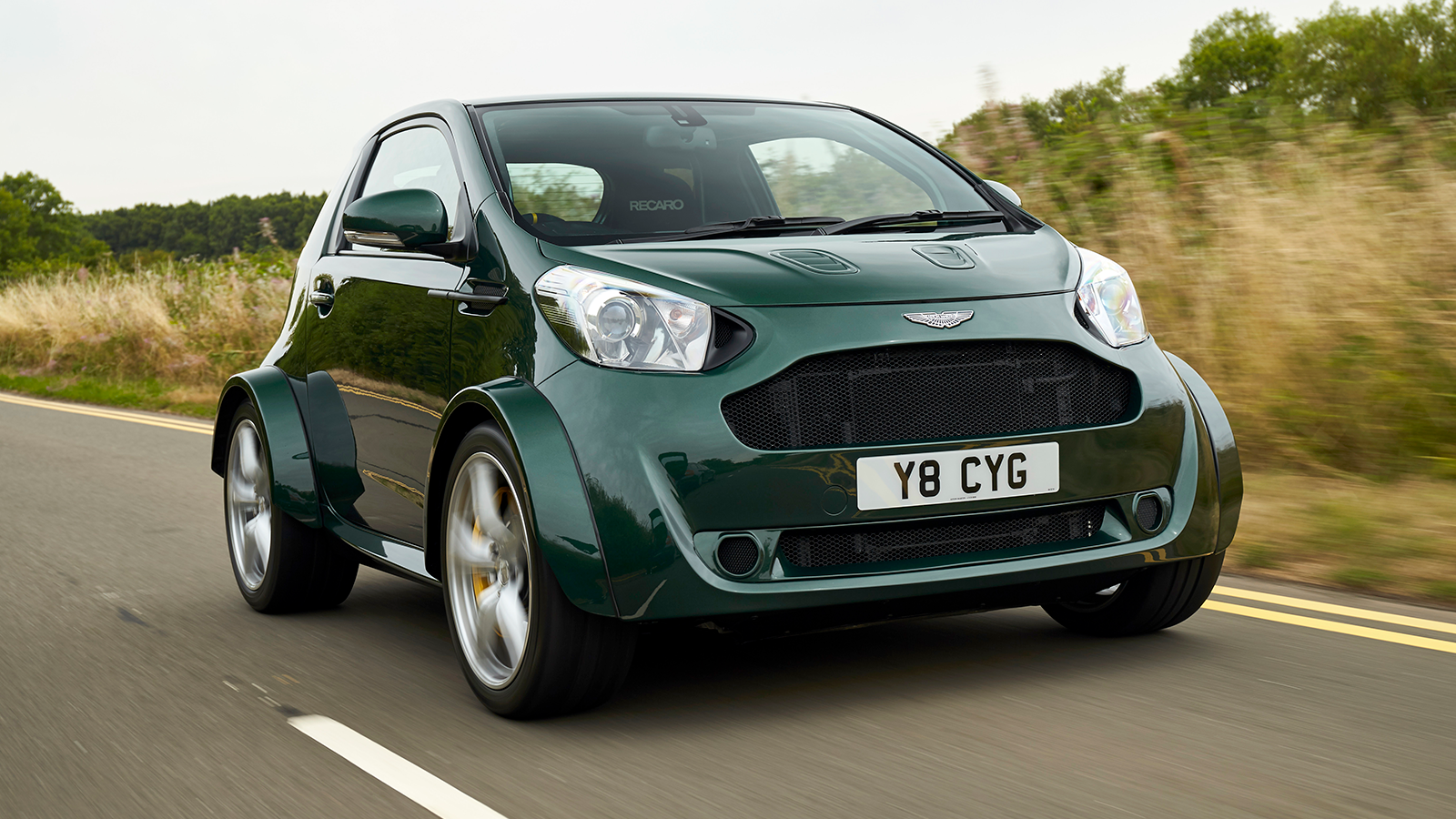 © Haymarket Automotive
© Haymarket Automotive -
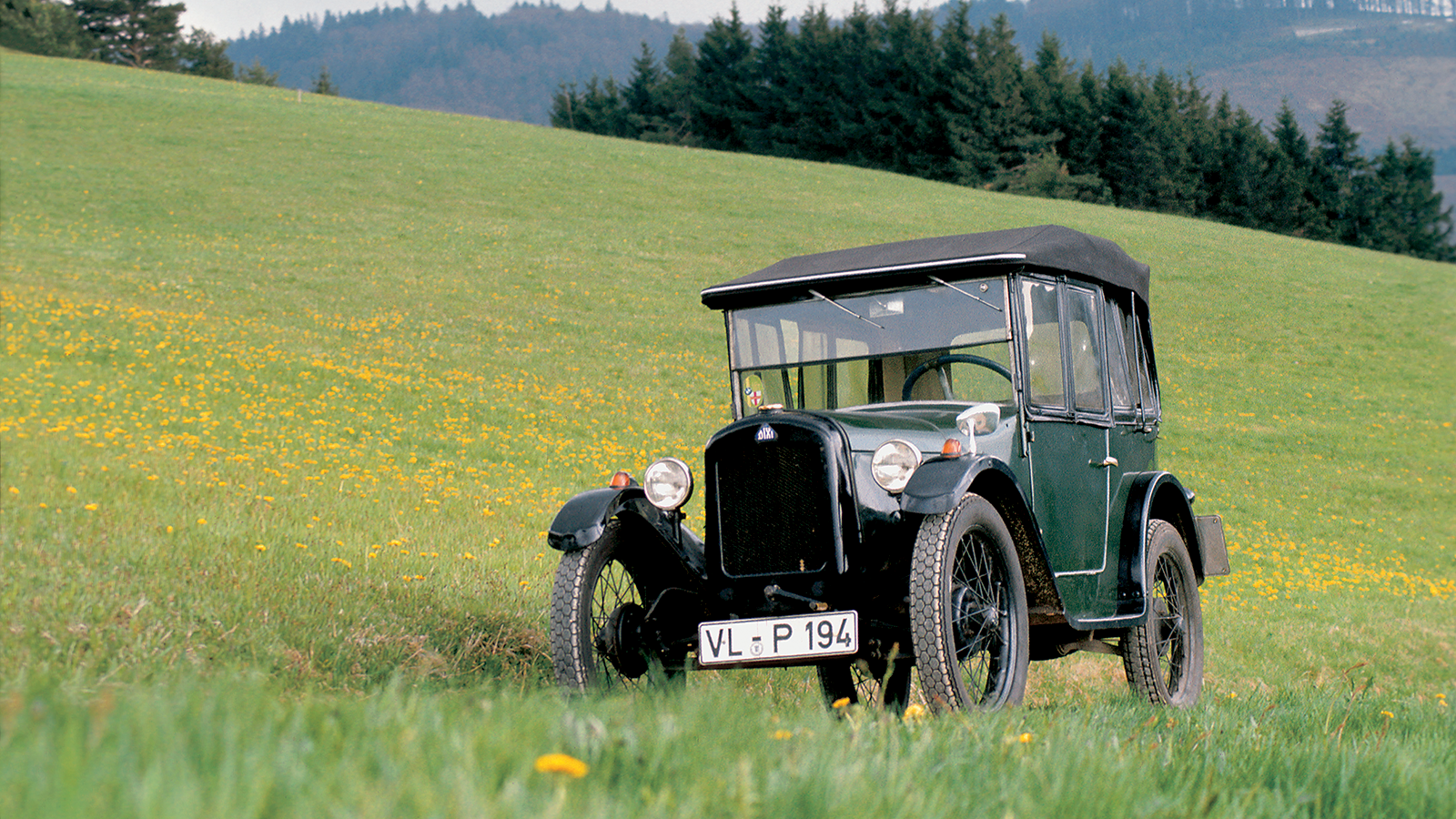 © BMW
© BMW -
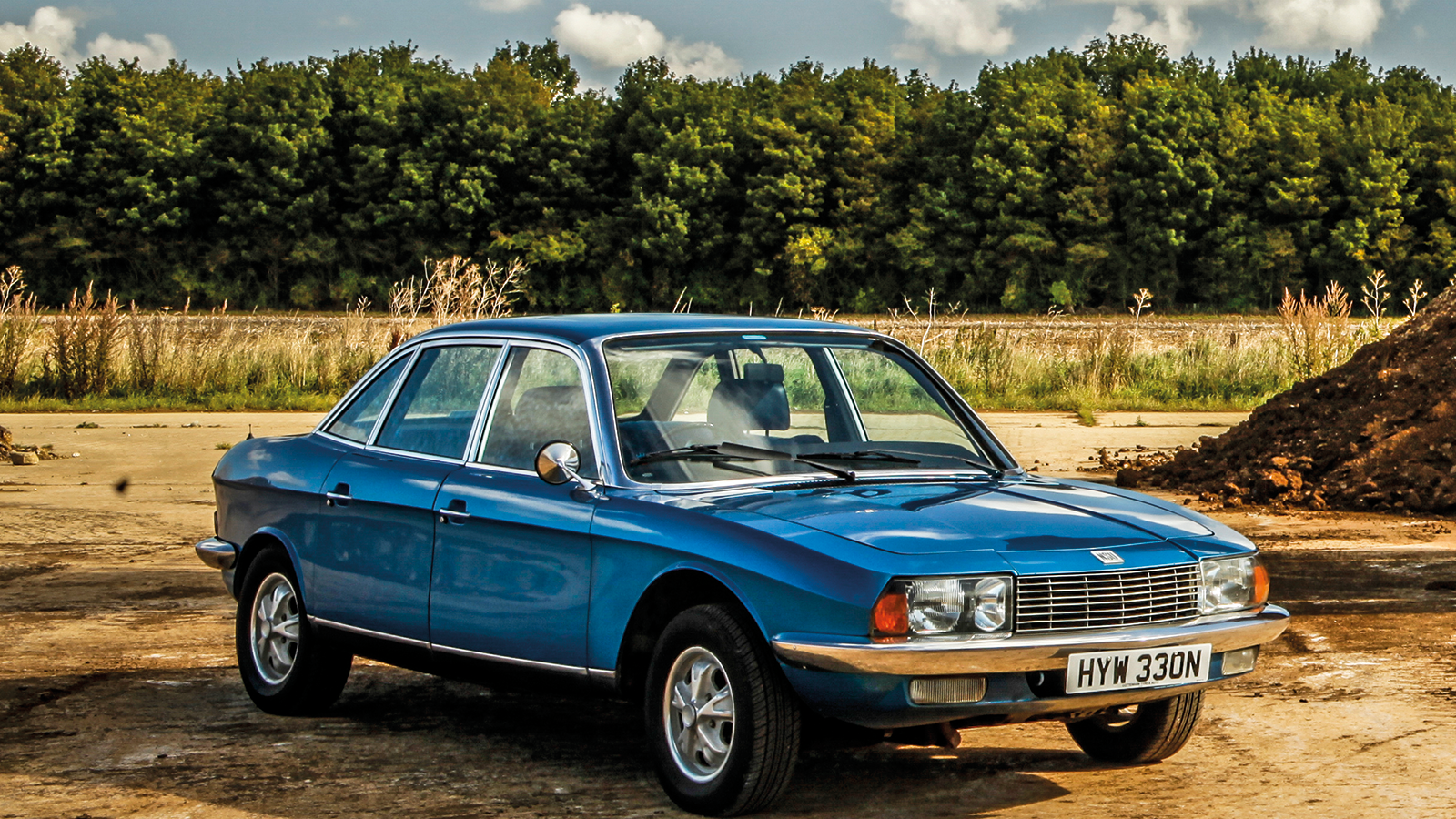 © Tony Baker/Classic & Sports Car
© Tony Baker/Classic & Sports Car -
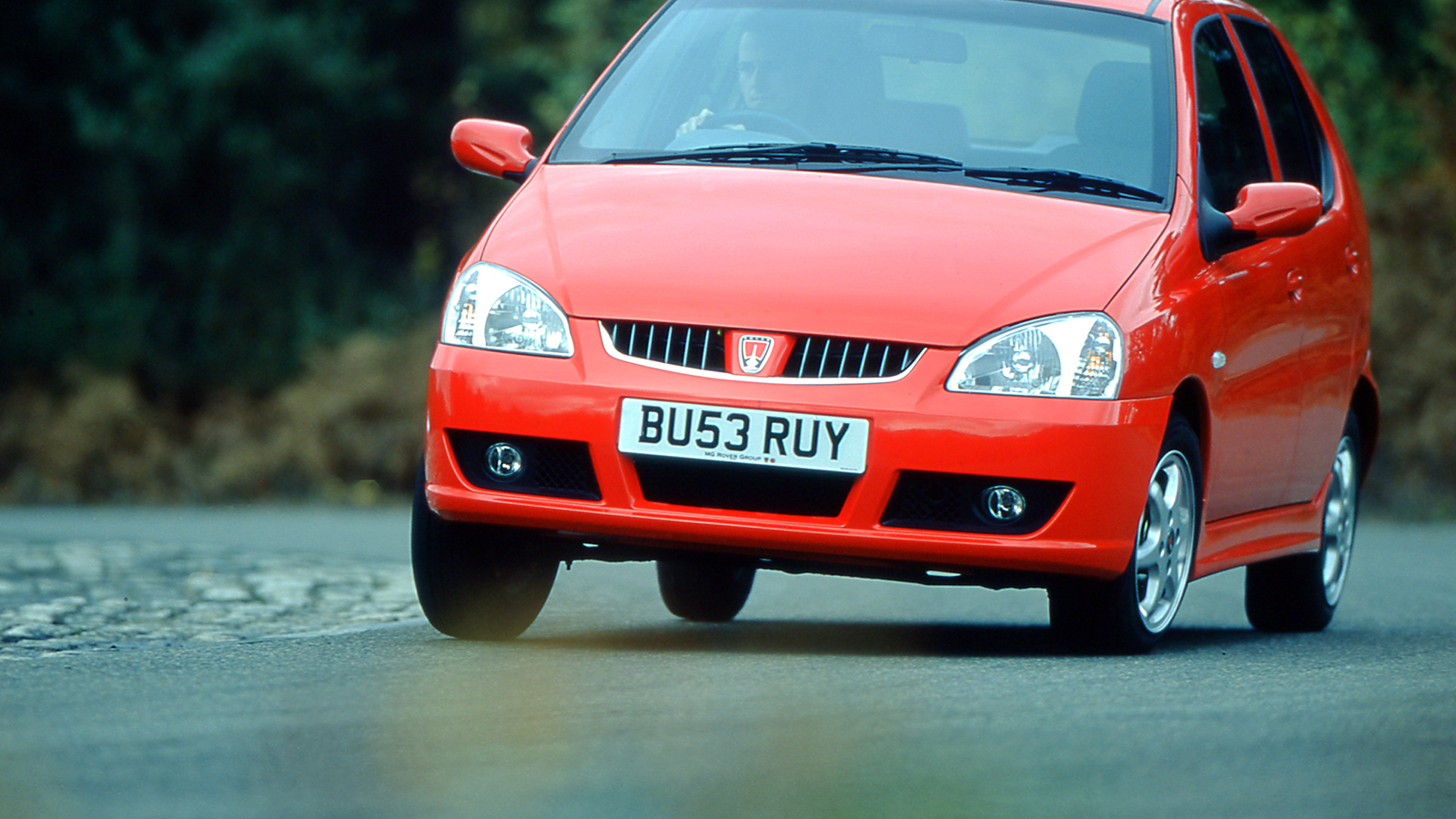 © Haymarket Automotive
© Haymarket Automotive -
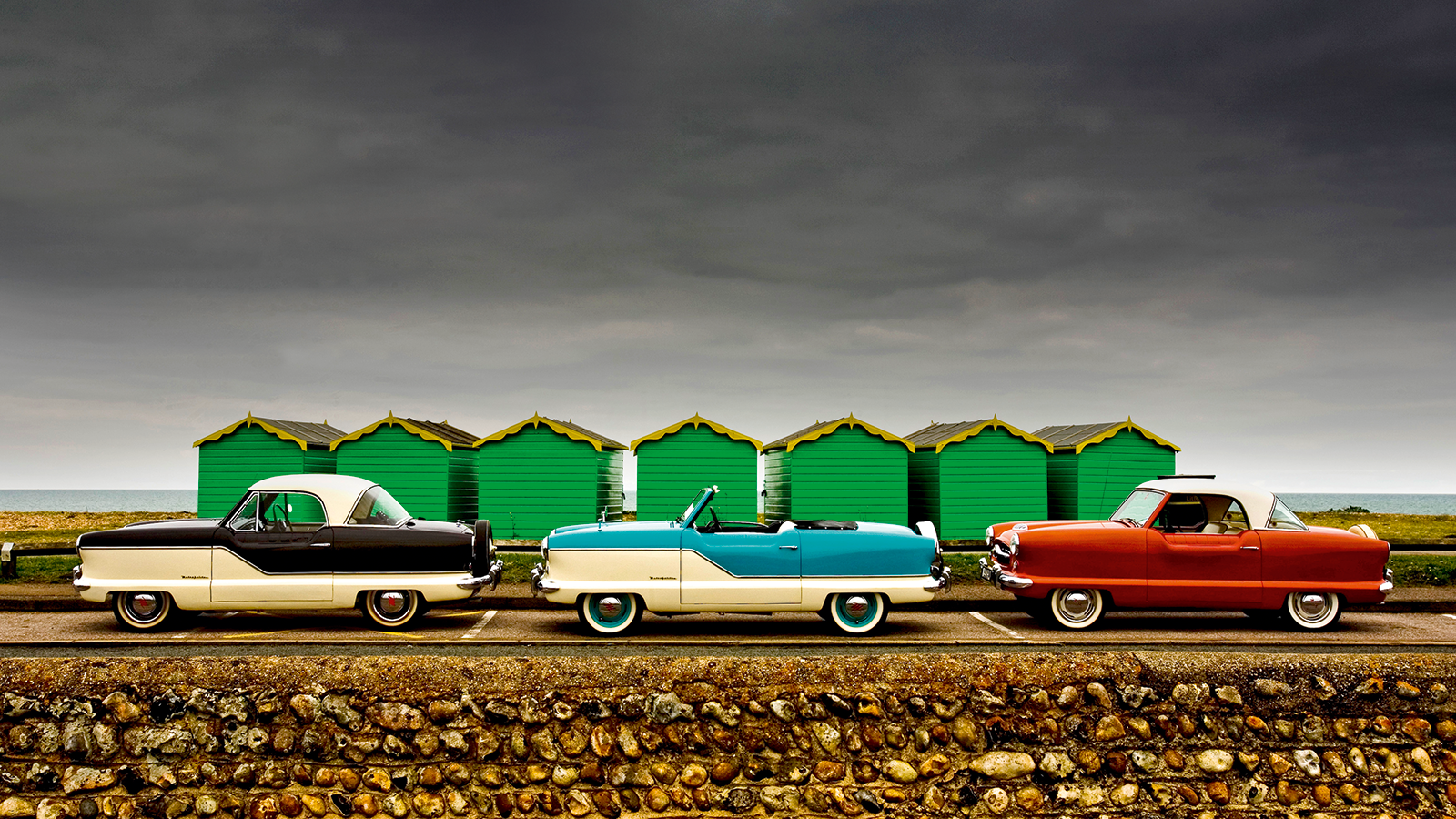 © Tony Baker/Classic & Sports Car
© Tony Baker/Classic & Sports Car -
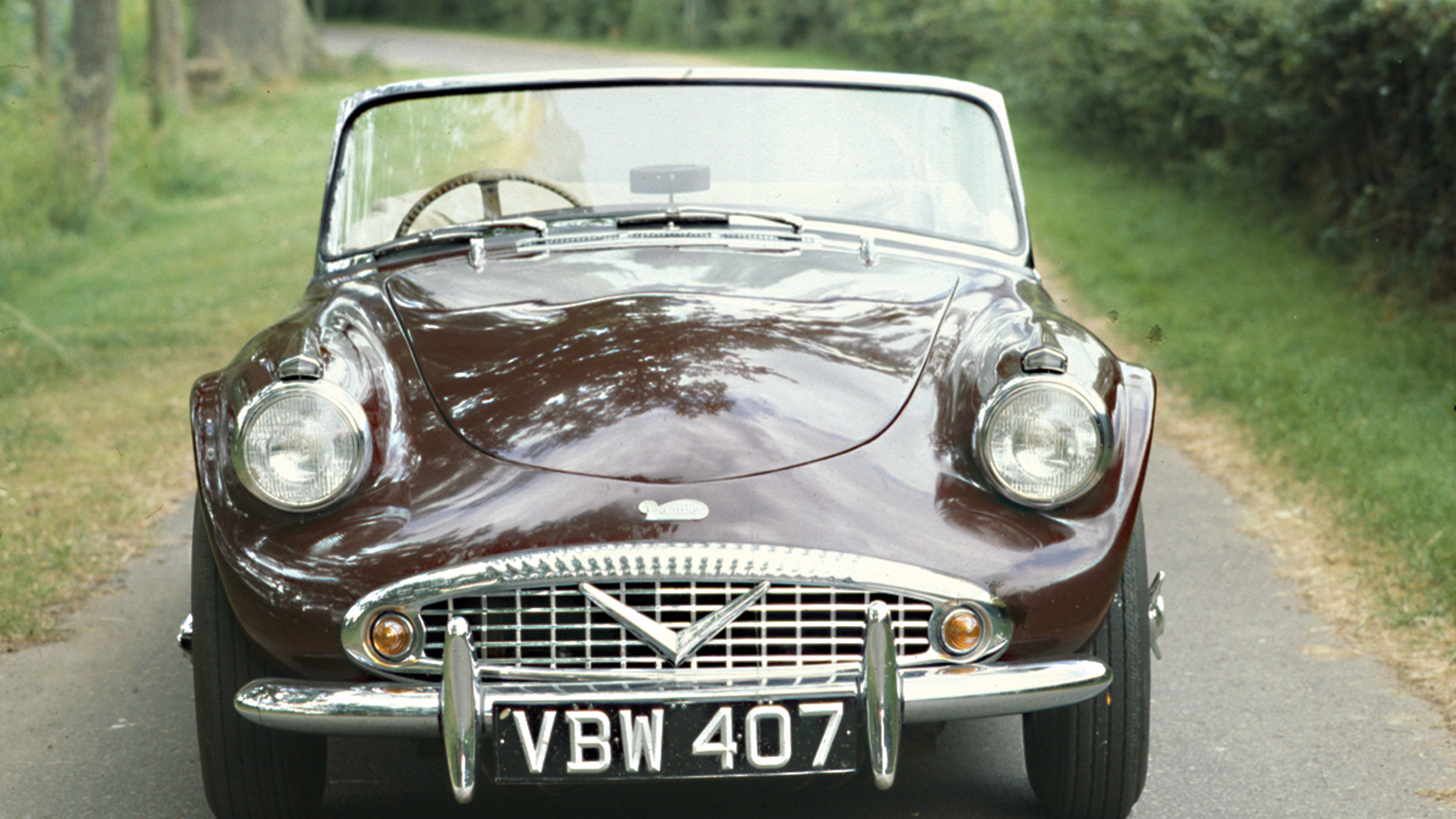 © Classic & Sports Car
© Classic & Sports Car -
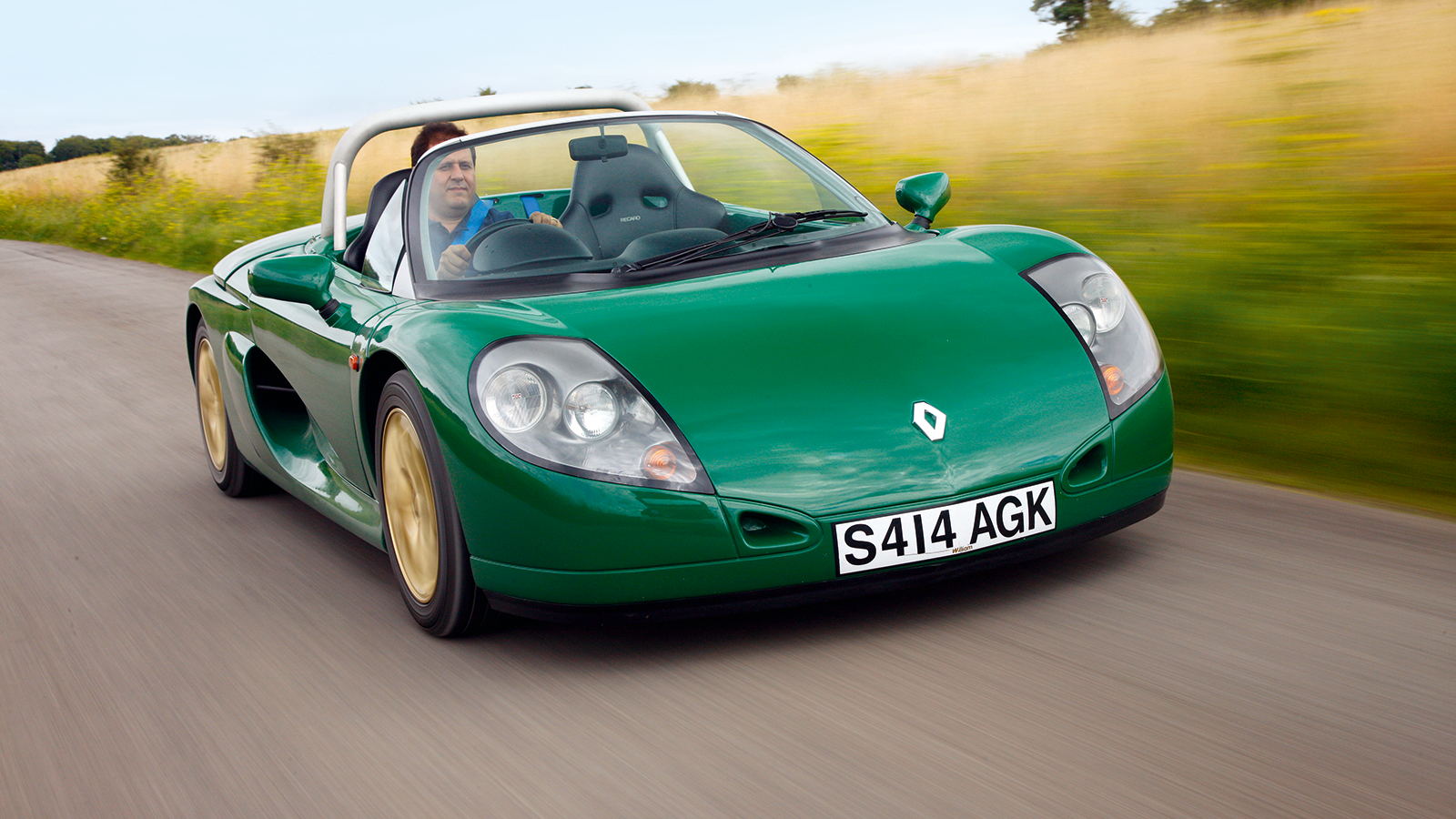 © David Shepherd/Classic & Sports Car
© David Shepherd/Classic & Sports Car
-
Because not every Beemer looks like a Beemer
Design-wise, you usually know where you are with marques such as BMW and Mercedes; both sell performance and prestige.
However that's not always been the case – in fact far from it.
A trawl through most car makers’ history files revels many design digressions, blind alleys and leaps of faith. Here are some of the curviest of curveballs in motoring history.
-
1. Alfa Romeo Arna (1983)
In the early 1980s Alfa Romeo made charismatic-but-dodgy cars, while Nissan made dependable but dull ones. The solution? The pair teamed up and gave the world the Arna.
Essentially a Nissan Cherry hatchback with an Alfa Romeo Alfasud flat-four engine, it combined the disadvantages of both its parents while adding few of the advantages. Obscurity beckoned.
-
2. Lamborghini LM002 (1986)
Think 'Lamborghini' and you think 'luxury Italian supercars'. But in 1986 it built the demented, 5.2-litre V12-engined LM002, which looked like the love child of a lorry, a beach buggy and a squashed Mercedes G-Wagen.
Period gangsters and dictators weren’t impressed, and nothing like it has been made since – although the marque has now launched the Urus, a Porsche Cayenne-rivalling luxury 4x4.
-
3. Subaru 360 (1958)
These days we think of Subaru as makers of never-say-die, flat-four engined Legacy estates still beloved of country vets, and the rally-winning, hooligan-friendly WRX series performance Impreza.
However, in the 1960s the Japanese company was building the minute Fiat 500-lookalike 360, with torsion bar independent suspension and rear-mounted air-cooled, two-stroke, twin-cylinder engine, even selling it in America.
-
4. Audi 50 (1974)
In the 1970s Audi made saloons such as the 80 and 100, but for some reason it then suddenly decided to make a baby hatchback to rival small Fiats and Renaults.
Called the Audi 50 it too was efficient, capable and filled a gap below parent company VW’s Golf hatchback. Soon forgotten as an Audi, the 50 become one of Europe’s most popular cars as the VW Polo.
-
5. BMW Isetta (1955)
After World War II, BMW found selling performance and luxury cars tough, so it signed a deal to build the tiny Isetta bubble car.
Designed by Italian fridge maker Iso, it has a door at the front and folding steering wheel.
BMW churned out thousands of these wandering wheeled pepper pots, even making them in an old railway shed in Brighton.
-
6. BMW 600 / 700 (1957)
BMW couldn’t live by bubble cars like the Isetta alone, and struggled to make money with the now highly collectable V8 507 sports cars. So in the late '50s it took the 'brave' decision to stretch the Isetta into a four seater with a 600cc flat twin motorcycle engine dangling behind its back wheels.
Its pregnant Dalek looks ensured that success was limited, but Italian design house Michelotti used the 600’s floorpan as the basis for the pretty 700 saloon and coupé range.
These almost Mini-rivals kept BMW afloat until the 1962-launched 1500/1800 saloons put it back on the road to sales domination.
-
7. Volkswagen K70 (1970)
In the late 1960s anything with a VW badge had a clattering air-cooled engine in the rear, but VW decided something water-cooled and front driven was needed, so it bought rival German car maker NSU.
NSU was developing exactly that sort of car, and it duly appeared as the 1,700cc VW K70, a staid-looking Cortina rival with stability issues that rapidly went off piste in sales terms.
-
8. Mercedes 130 / 150H (1934)
You might not recognise this one as a Merc, either.
In the 1930s Mercedes specialised in big cars, but it applied its design nous to a range of clever, rear-engined baby models, starting with the 1934 130H, which had a 1.3-litre petrol engine and three-speed plus semi-automatic overdrive transmission.
The independently sprung baby Merc had excellent ride, dodgy handling and sold in small quantities. Rarer still is the mid-engined 150H sports two-seater version (pictured).
-
9. Volkswagen Derby (1977)
In the 1970s lots of people bought little saloon cars such as the Mk2 Ford Escort and Opel Kadett, so VW decided what the world needed was a Polo with a boot – which meant another Audi 50 permutation.
Called the Derby, it sold quite well for a bit, but ultimately lost the sales race and ended up in history’s knackers’ yard.
-
10. Volvo 66 (1975)
Volvo has had a fair few design hiccups, one of which was its first small car attempt, the 66 saloon and estate.
The 66 was really a re-branded and ageing DAF 66, built at DAF’s factory in Holland, with a 1,300cc petrol engine and rubber band ‘Variomatic’ automatic transmission (a forerunner of today’s CVT).
It sold in limited numbers to senior citizens.
-
11. Austin A90 Atlantic (1949)
In the 1940s Austin made stolid, plodding and very British cars with names like Hereford and Somerset, but developed the 1949 A90 Atlantic coupé and convertible as something flash and swish to sell in America when Britain desperately needed exports to earn foreign currency.
It had lots of chrome, electric windows, and a rear window that wound down in the coupé, and a 2.6-litre engine later used in the Healey 100 sports car, which sold very well in America.
By contrast, just 350 Atlantics found US buyers.
-
12. Volkswagen Phaeton (2002)
‘Volkswagen’ more or less means ‘people’s car,’ but working on the assumption that some of those 'people' were very rich, VW built a car for them.
The car in question was the ultra-sophisticated A8-rivalling Phaeton. Some had 6-litre W12 engines as used in Bugattis, but they looked like fat Passats, wore VW badges and were only bought by pub landlords, chauffeurs and the Chinese.
The Phaeton died un-replaced in 2016, but formed the basis for the very successful Bentley Continental.
-
13. Zagato Zele (1974)
We’re cheating a bit here. The Zele was a tiny electric car made by Italian coach builder Zagato and styled like an ungainly plastic mailbox. So it's possibly not fair to include it in a list of design surprises by big-name marques.
However, its UK importer was the rather more famous Bristol Cars, whose chairman Anthony Crook displayed the Zele alongside Bristol’s handmade products at its famous Kensington showroom, often driving to work in a Zele.
-
14. Aston Martin Cygnet (2009)
Oh dear. The Toyota iQ was a cleverly packaged city car that vaguely resembled an uglified Smart, but was rather better to drive and easier to live with.
However, sticking a smirking Aston Martin grille on to its snub-nosed front, chintzing up its interior and calling it the Aston Martin Cygnet didn’t turn it into a swan-like Aston Martin. No, it remained a very odd Toyota ugly duckling.
-
15. BMW Dixi (1928)
The Isetta and its variants weren't the only surprising designs BMW ever made. Go back even further, right to its beginnings, and BMW started out with a car that's a world away from today's luxury saloons.
Initially, BMW produced pioneering aero engines, but keen to get into car building it bought German vehicle maker Dixi.
Dixi was licensed to build the Austin 7 baby car, and this unassuming little workhorse became the BMW Dixi.
-
16. NSU Ro80 (1967)
Yes, this is the car people remember NSU for.
Ingenious rotary Wankel engine, semi-automatic transmission, great driving manners and a shape that looks fresh after 50 years, it was a potential world beater whose thirst and reliability problems sunk its makers.
-
17. Rover CityRover (2003)
Rover was a pioneering car maker that made dignified large saloons, had a go at innovations such as turbine-engine prototypes and more or less invented the compact sports executive car with the P6 2000.
But it was in terminal decline when it lent its name to this wibbly-wobbly, Indian-made 1990s Tata hatchback.
Tata has since done rather better after snapping up Land-Rover and Jaguar.
-
18. Austin Metropolitan (1953)
A generation ago, posh English nannies pushed tiny children round parks in prams that looked like the Nash Metropolitan, an American small car from an era when big was beautiful.
The Metropolitan itself was sold in Europe as an Austin, but most Brits resisted its gaudy, two-tone charms, even after Princess Margaret was given one as a wedding present in 1960.
-
19. Daimler Dart / SP250 (1959)
Daimler, once the Royal Family’s car maker of choice, found vehicular gravitas was no longer selling in the late '50s, so it hitched up its bloomers and launched the SP250 Dart sports car.
Unfortunately, its plastic body with fins, scallops and awkward grille took some getting used to. With a clever 2.5 V8 the police liked it, despite durability issues, but sales tanked, the money ran out and Jaguar took over Daimler.
-
20. Renault Sport Spider (1996)
This mid-1990s back-to-basics road/race mid-engined sports car with lightweight composite body and aluminium sub-structure was a sort of French Lotus Elise, and very different from the Clios Renault churned out by the million.
Spider owners did without roofs and in many cases windscreens – both of which you'd generally expect to get as standard in a Renault.
